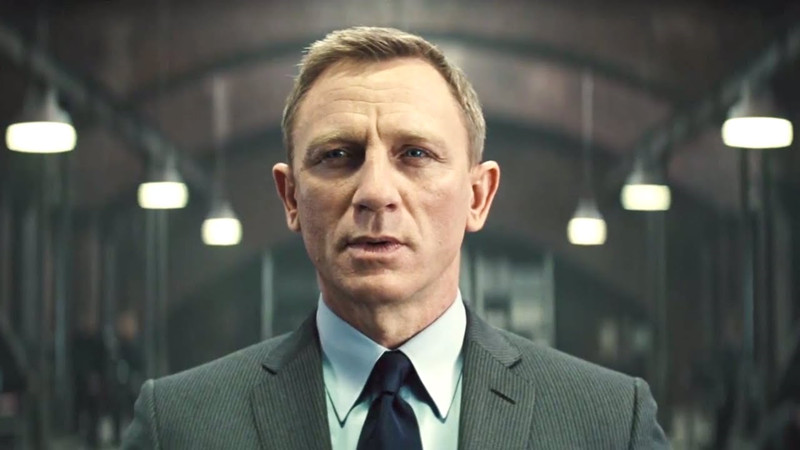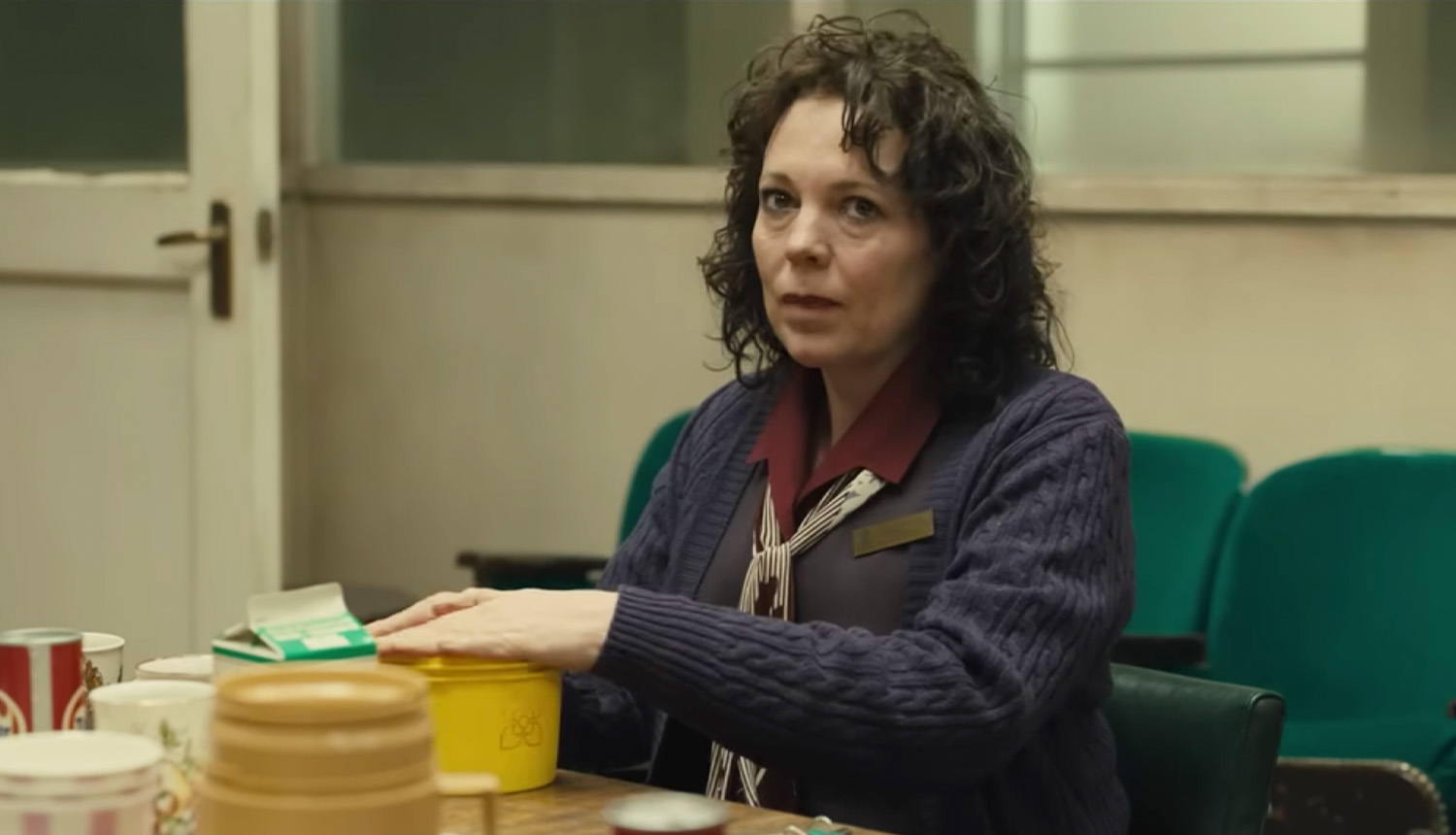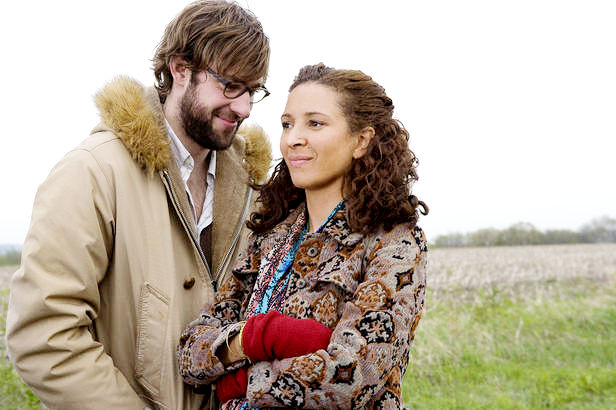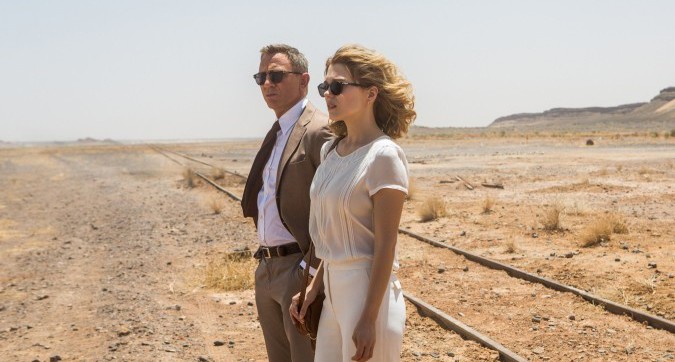
Born in Berkshire in 1965, Sam Mendes began his directing career in theatre, masterminding successful runs of ‘Oliver!’ and ‘Caberet’. Turning to filmmaking, he struck gold in 1999 with his debut film, ‘American Beauty’. The drama went on to win big at the box office and at the Academy Awards, securing Mendes a Director Oscar and the film the Best Picture honour. From there, Mendes made four more American-centric films that focused on different settings, themes and tones. Following his hiring as the director of the 23rd James Bond film, ‘Skyfall’, Mendes returned to the UK to make a run of British films that proved successful with both critics and audiences. His latest, ‘Empire of Light’, reinforces this geographical career split and his newfound comfort in making films in the UK, for the UK.
Sam Mendes likes familiarity. He has worked with composer Thomas Newman on seven of his nine films, cinematographer Roger Deakins on five of them, editor Lee Smith on three, Daniel Craig on three, and has worked with Conrad Hall, Andrew Scott and Colin Firth twice. His films have a polished visual look; a sleekness that is apparent in both artistic action scenes and intense dialogues. His films have been nominated for Cinematography Oscars four times. No clear theme is consistent across his filmography, but some that have recurred include love and desire, familial problems and a broad understanding of life and death, and the element of pained beauty that is found in the latter. Here are his nine films ranked.
9. Jarhead (2005)

‘Jarhead’ is one of the most conflicting film experiences of the 21st century. Jake Gyllenhaal plays US Marine Anthony Swofford, the real-life soldier whose memoir was adapted by William Broyles Jr.. Swofford enlisted in the US army and was then posted to Kuwait during the Gulf War after the arduous training process. Whilst out there, Swofford and his fellow soldiers never once fired their snipers and were reduced to bored, isolated war machines desperate for action.
This is a fascinating, unique look at soldiery and war. Gyllenhaal is decent in the lead role, and Jamie Foxx is also noteworthy as Staff Sergeant Sykes. Moreover, the film’s strongest aspect is the cinematography by Roger Deakins, who turns oil fields into hellish landscapes and the desert into a bleached wasteland of repetitive boredom.
The fundamental flaw is that the film’s disobedience to structure because of its themes makes for an unsatisfying viewing experience. Much like 2007’s ‘Zodiac’ (also starring Gyllenhaal), which never solves its central murder case over its extensive runtime because that is how it happened in real life, the lack of action in ‘Jarhead’ becomes as frustrating for the viewer as it does for Swofford. This is undeniably Mendes’ intent, in the same way it is also David Fincher’s for ‘Zodiac’, but it is hard to ever want to watch this war film again because of its unfulfilling experience. The great irony is that the film spawned three direct-to-video sequels, all of which were fictional and contained the very action that people missed in the first one. So much for taking the wrong message.
8. Empire of Light (2022)

What could have been a prime contender for awards season has fizzled out upon its arrival to UK cinemas. ‘Empire of Light’, Mendes’ latest, is yet another film about the power of cinema. Perhaps its critical shortcomings have something to do with the growing fatigue generated by directors making personal passion projects about their own life or about why they love cinema. Or because Sam Mendes is simply trying to do too many things here: he is making dinner whilst washing up, laying the table, drying up and putting snacks out. What is served is a half-baked mixture of good things whilst many more were ignored and left in the oven too long.
‘Empire of Light’ revolves around the blooming romantic relationship between a white, middle-aged cinema duty manager and a young black youth in 1980s Margate. Olivia Colman is superb as the former, Hillary, whose schizophrenia places her at odds with her co-workers, particularly her exploitative boss (Colin Firth). Michael Ward plays the new worker, Stephen, who finds escapism from his racial abuse in both Hillary and the cinema. Tackling mental health, exploitation, racism, taboo relationships and sex in a two hour film is a gutsy move by Mendes (who also wrote the film). It is an emotional film by the climax, but there is a lot of gentle build-up to wade through beforehand.
As for the synthesis of the many themes, Mendes goes for the correct, albeit predictable answer: the cinema is a place of escapism where light and darkness coexist beautifully. To enjoy life is also to endure the pain, and that is no bad message indeed.
7. Away We Go (2009)

This is by far the most overlooked film directed by Mendes. Released to mild fanfare in 2009, ‘Away We Go’ is unquestionably the least ‘Mendes’ film of the list. Whilst that might make it the least important of the nine films, it still remains a remarkably lovely, friendly and reassuring film despite its stripped back simplicity.
Thomas Newman is absent from the film’s score. Instead, Alexi Murdoch provides a soundtrack which also includes George Harrison, The Velvet Underground, Bob Dylan, and The Stranglers. This is a fitting change – the film is a road trip film wherein John Krasinski and Maya Rudolph play a couple expecting a baby who journey around the US finding a suitable place to raise their child. Meeting estranged family and friends, they go on their own journey for what type of parents they want to be. All great road trips require a great playlist, so the exchange of score for soundtrack is logical.
Equally, the cinematography feels more natural than the artistic and digitised work that Mendes did before and after this film. The narrative, or lack of, is structured around each location visited. Krasinski and Rudolph are the only two constants in the cast, and their chemistry is suitably wonderful. ‘Away We Go’ may seem a strange picture for Sam Mendes to make, especially when his next film would be a big-budget Bond film. Time may erode its availability due to the lack of esteem or notable talent involved, but this is a comforting experience – one that should hold extra weight for those soon to be parents.
6. Spectre (2015)

Franchise filmmaking is tough. It is especially tough when the previous film ignited the world and was universally loved. Such was the case with ‘Spectre’, the 24th James Bond film and the sequel to Mendes’ adored ‘Skyfall’. ‘The Godfather Part III’ and ‘The Dark Knight Rises’ are two other films that underwhelmed the audiences that were expecting an impossible level of quality following their predecessor’s. Yet all three of these films are actually better than comment sections and critics give them credit for.
In returning to do more Bond, Mendes flipped his ambitions. If ‘Skyfall’ was subversive and smart, driven by character and visuals, then ‘Spectre’ is a return to 007 formula. Remarkably, it is the only Daniel Craig Bond film that obeys the franchise’s steady formula: Bond girls are ‘back’, he gets a new gadget-laden car and gadget-laden watch, he is quipping more, the globe-trotting feels bigger, SPECTRE is back, and there is a big old henchman.
There are flaws. The story feels hamstrung in introducing Christoph Waltz’s (weak) Ernst Stavro Blofeld and in trying to connect the last three Craig Bonds together in some MCU-style epic narrative. The film also bears a resemblance to ‘Mission: Impossible – Rogue Nation’ (also 2015) in its Moroccan, Austrian and British location work. The third act is also forgettable.
But the highs are still there, and worth rewatching for. The pre-credit sequence sees the Bond franchise adopt an extended continuous shot that dazzles, before the exciting aerial stunt work in the Day of the Dead ceremony. Later on, set-pieces in Austria and a brutal train fight are energising. Dave Bautista is an imposing presence as Mr Hinx and Ralph Fiennes comes into his own as M (“and now we know what ‘C’ stands for”). And the more Ben Wishaw as a wool-wearing Q, the better!